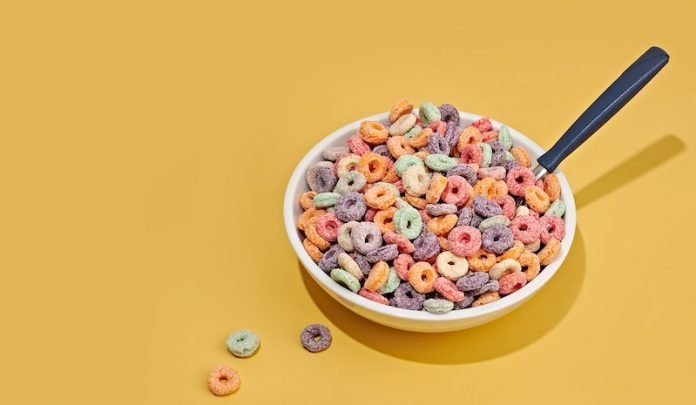
Scientists from the New York University found that higher consumption of ultra-processed foods is associated with an increased risk of heart disease and death, with each additional daily serving found to further increase the risk.
The research is published in the Journal of the American College of Cardiology and was conducted by Filippa Juul et al.
When foods are processed it may remove beneficial nutrients and other naturally occurring benefits, while adding non-beneficial nutrients and food additives.
Processing also changes the physical structure of foods. The consumption of ultra-processed foods is linked with being overweight/obese, high blood pressure, metabolic syndrome and Type 2 diabetes.
Ultra-processed foods account for 58% of total energy in the average U.S. diet.
In the study, the team used data from the Framingham Offspring Study to examine the role ultra-processed foods play in heart disease. The study included 3,003 middle-aged adults (on average 53.5 years).
Overall, 5.8% had diabetes and 19% had high blood pressure. The team found the prevalence was higher among participants who were high consumers of ultra-processed foods compared to low consumers.
During an average of 18 years of follow-up, a total of 648 heart events and 713 deaths.
The team found participants with the highest intakes of ultra-processed foods had higher incident rates compared to those consuming the least amount of ultra-processed foods.
Each daily serving of ultra-processed food was associated with a 7% increase in the risk of heart disease and a 9% increased risk of heart disease death.
Researchers also found that intake of bread was linked to an increased risk of heart disease, while ultra-processed meat intake was linked to an increased risk of heart disease.
Salty snack foods and low-calorie soft drinks were also linked to an increased risk of heart disease.
These findings add to a growing body of evidence suggesting the heart benefits of limiting ultra-processed foods.
The team says ultra-processed foods are ubiquitous and include many foods that are marketed as healthy, such as protein bars, breakfast cereals, and most industrially produced bread.
Population-wide strategies such as taxation on sugar-sweetened beverages and other ultra-processed foods and recommendations regarding processing levels in national dietary guidelines are needed to reduce the intake of ultra-processed foods.
If you care about heart attacks, please read studies about how to control your cholesterol to prevent heart attacks and strokes, and weekly daytime nap may lower heart attack/stroke risk.
For more information about heart health, please see recent studies about common food that may strongly increase heart disease risk, and results showing these 2 dietary supplements may prevent heart disease, stroke effectively.
Copyright © 2022 Knowridge Science Report. All rights reserved.



